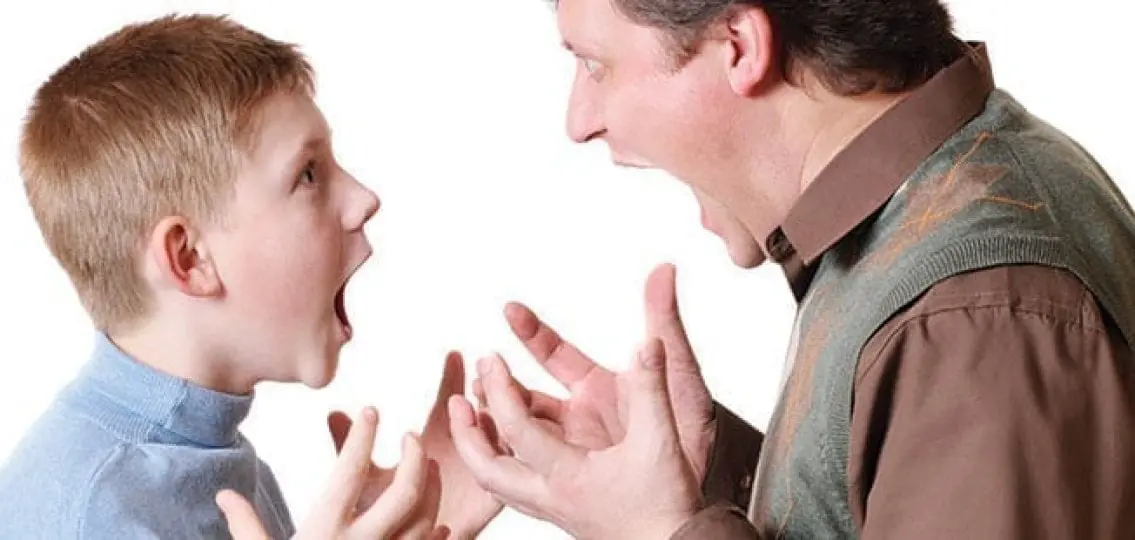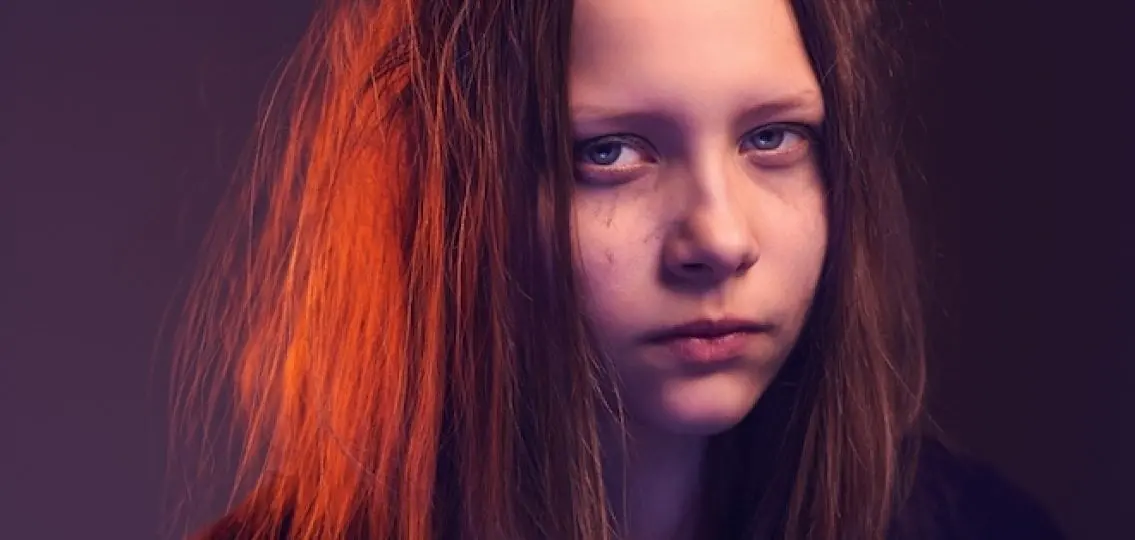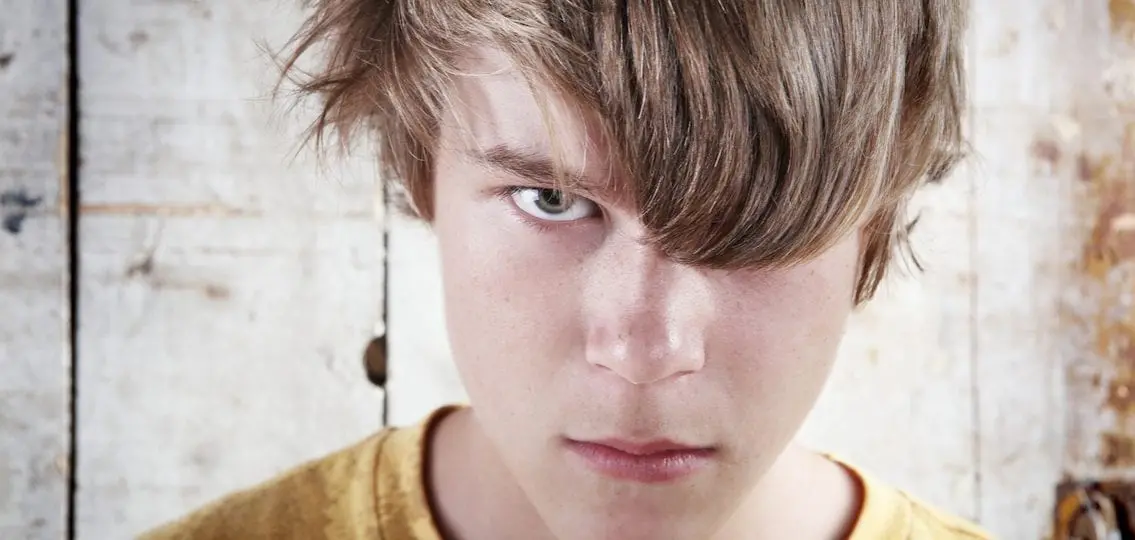Teens are known for being a little emotional at times and occasionally lashing out at their parents. It’s not uncommon for teenagers to whip out the ever hurtful, “I hate you!” or something equally nasty. But parents should not take these moments personally.

What to Do When Your Teenager Says “I Hate You”
“While teens may mean it in the moment, they’re not in their right minds. They’re flooded with emotions that they’re learning to master,” says Elizabeth Sullivan, a California marriage and family therapist.
Sullivan recommends that when a teenager says, “I hate you!” parents turn the outburst into a teachable moment to demonstrate how mature adults deal with difficult, emotional situations. Here are four responses to consider when reacting to your emotional child:
- Acknowledge what they say with a simple “Ouch” or “Huh.”
- Breathe and calm down.
- Say something like, “We can talk about this later when we’ve all calmed down” or “Okay, why don’t you take a little time to yourself in your room and I will too.”
- Revisit the incident later and explain that their words really hurt you, and that it’s important to remember that even when you get angry, you still love each other.
Model Healthy Anger
In all likelihood, this conversation won’t change your teenager’s perspective, but your reaction t a teen who says “I hate you” will model a healthier way of dealing with anger.

Try your best not to respond on the same emotional and passionate level. Screaming at your teen won’t get you anywhere and, in fact, will only teach them to do the same when they grow up.
“Trying to get them to be rational when they are upset is futile,” Sullivan says. “But your kids do watch very closely what you do. So, use all your willpower to gain mastery over yourself, and don’t lash out at them, as good as it might feel in that moment.”




